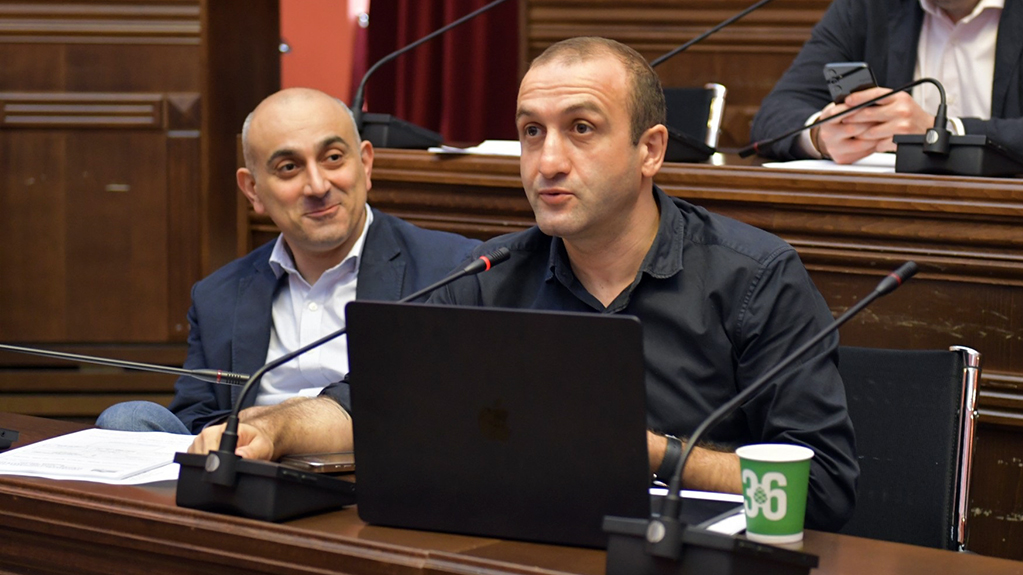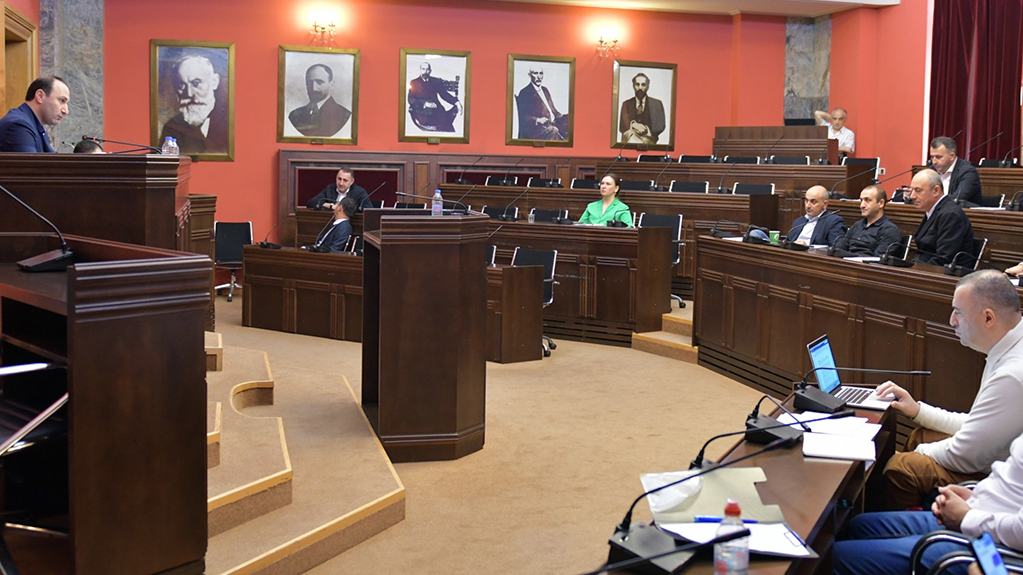The Committee on Legal Issues discussed the draft law On Amnesty, initiated by the ruling Georgian Dream, in its first reading and has supported it. Based on the bill, amnesty will apply to 4839 prisoners, with 1000 prisoners to be released immediately. Family members of the prisoners are protesting the bill, demanding that the amnesty be universal. Some prisoners have begun a hunger strike in support of this request.
News
The project outlines that the amnesty will extend to crimes committed before July 1, 2024. Individuals convicted of crimes specified in Article 66 of the Criminal Code will either be fully exempt from punishment or have their sentences reduced by 1/2 or 1/4. Sentences under Article 225 of the Criminal Code will be reduced by 1/6. Additionally, the conditional sentence for probationers will be reduced by one year.
"Reducing the sentence by one-sixth and shortening the conditional sentence for probationers is significant news. Today, we have 22 000 probationers, and the amnesty will apply immediately to 7000 of them, which means a one-year reduction in their probationary term," said Rati Ionatamishvili, one of the bill's authors and the chairman of the Human Rights Protection Committee.
The bill does not apply to individuals convicted of murder, drug trafficking, sexual crimes, robbery, terrorism, corruption and official crimes, organized crime, conventional crimes, and other serious or particularly serious offenses.

Only the members of Girchi from the opposition attended the meeting of the Legal Issues Committee. Iago Khvichia stated that Georgian Dream does not extend amnesty to certain crimes for political reasons. Khvichia cited the illegal crossing of the state border (Article 344 of the Criminal Code) as an example. "Because Mikheil Saakashvili will not be affected by the amnesty, I think it is unfair to tell those imprisoned under the same article that none of them will be released because Misha is imprisoned under this article," Khvichia noted.
Khvichia also questioned why the amnesty does not apply to cover-up and non-reporting of crimes: "It turns out that under this draft law, a criminal may be released, but the person who hid the same crime will not benefit from the amnesty."
The Public Defender recommends that Parliament also discuss the issue of life prisoners.
"I can convey their great hope that the state will show a politically humane approach toward them.
As of today, there are 82 life prisoners, with 55 of them already serving sentences of 15, 20, or 25 years. Some individuals committed their crimes at the age of 19 and have been in prison for about 27 years, meaning they have been in the penitentiary system longer than they were free. Their characteristics, the two-year Ministry of Justice training program, positive reports, and other factors clearly indicate that it is worth discussing whether some of these individuals should be affected by amnesty in some way.
Naturally, the Public Defender’s position is not that all life prisoners should be granted amnesty or released immediately, but our request is that Parliament develop some criteria, possibly considering aggravating circumstances, for the amnesty law," said the representative of the Public Defender.
The Public Defender also recommends that the amnesty act apply to prisoners with serious health conditions.
The parliamentary majority will pass the first reading of the Amnesty bill today during the extraordinary session. Adoption in the second and third readings is planned for September, before the parliamentary elections.
Georgia ranks second to last among the 46 member countries of the Council of Europe in terms of prisoners per 100 000 inhabitants, just ahead of Turkey. There were 9542 prisoners in Georgia in 2022, 9868 in 2023, and the current number is 10400.















